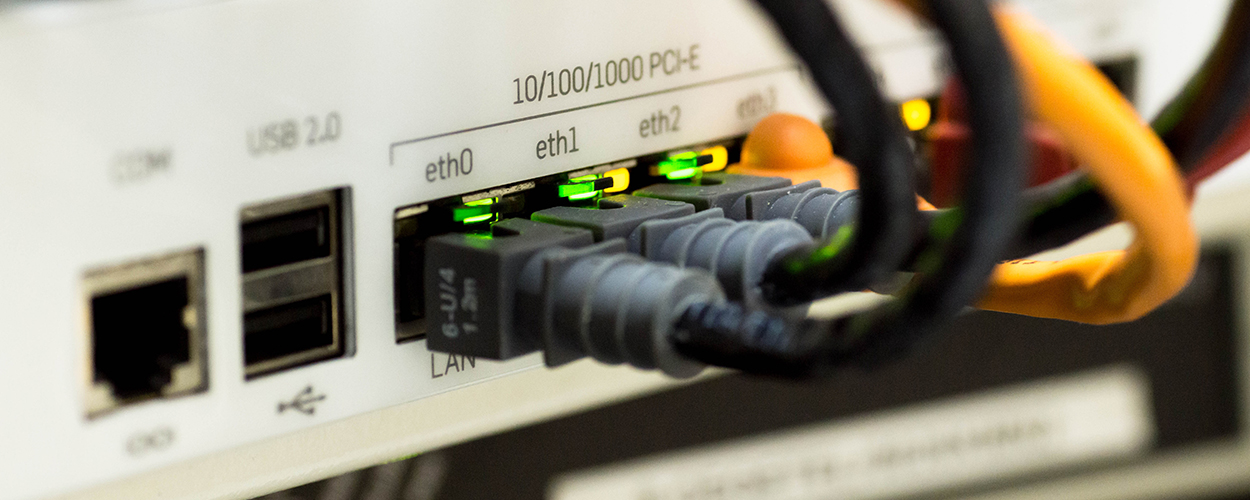This website uses cookies so that we can provide you with the best user experience possible. Cookie information is stored in your browser and performs functions such as recognising you when you return to our website and helping our team to understand which sections of the website you find most interesting and useful.
Business News Digital Labels & Publishers Legal
Labels want stream-ripping sites to maintain and share logs of what content is ripped
By Chris Cooke | Published on Monday 21 June 2021

The major labels suing stream-ripping services FLVTO and 2conv have asked the court overseeing the case to force the operator of those sites to log information about what files are being ripped, and to then share those logs with the plaintiffs.
Stream-ripping sites – which turn temporary streams, often YouTube streams, into permanent downloads – have been the music industry’s top piracy gripe for years now, of course. The music industry argues that such sites facilitate and should therefore be held liable for copyright infringement.
And to that end, in the US the majors are suing the Russian operator of FLVTO and 2conv – Tofig Kurbanov – through the courts in Virginia.
Although Kurbanov initially got the lawsuit dismissed on jurisdiction grounds, it was reinstated on appeal. And now the labels are trying to get logs from FLVTO and 2conv to identify what specific YouTube videos are having their audio ripped via the two websites, and also where the rippers are located.
Such information, the labels argue, “is plainly relevant to the core claims and defences in this case, including the scope and extent of infringement, defendant’s financial benefit from infringement, and defendant’s affirmative defence that defendants websites have significant non-infringing uses”.
Kurbanov argues that he isn’t currently logging any of that information on the two sites and expecting him to start doing so would be “unduly burdensome”. However, the labels counter, that’s not true. Such information could be easily logged on Kurbanov’s servers, they reckon. In fact, it seems likely the only reason that information isn’t already being logged as a matter of course is because Kurbanov has chosen to turn such data capture off.
The labels said in a court filing last week: “In the ordinary course of operations, defendant’s websites necessarily generate server data, including data that identifies: (a) the YouTube videos being stream-ripped; (b) the MP3 audio files being copied and distributed; and (c) the geographic locations of the users downloading the audio files. Respectfully, the court should order defendant to preserve and produce this key evidence”.
It remains to be seen how the court responds. Kurbanov is likely to argue strongly that demanding such logs are kept is unreasonable.





